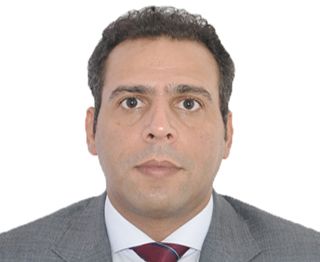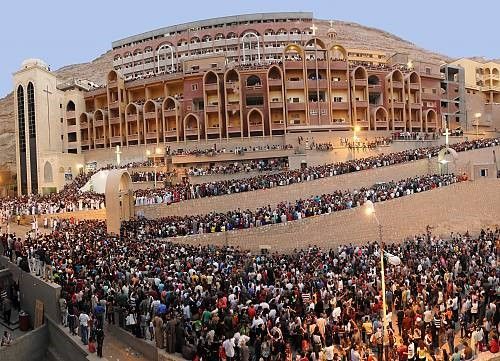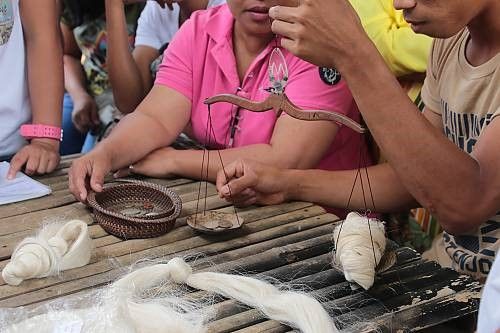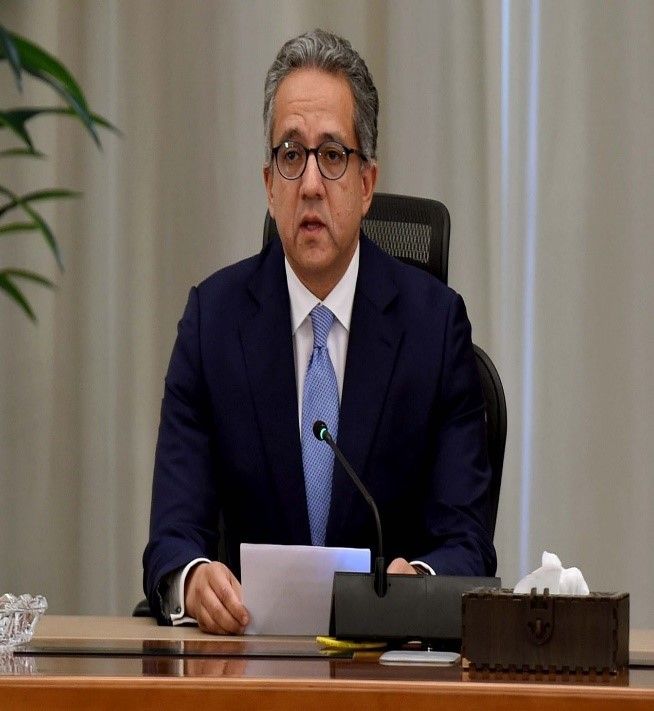Son of the River Nile and oldest civilization, Professor Khaled El-Enany is more than ready to lead UNESCO

By. DR. AMIN SHAABAN
Chargé d'affaires, a.i. of Egypt
Embassy in Manila
In a tumultuous world, the United Nations Educational, Scientific and Cultural Organization (UNESCO) has become the most important agency of the United Nations. Through active leadership, the UNESCO with its mandate can play a significant role to rebuild and reshape a better and safer world filled with peace based on culture understanding coupled with global cooperation in education, sciences and culture.
In the above-mentioned context, Egypt has decided to present the candidature of Professor Khaled El-Enany for the post of UNESCO director-general. His candidacy has been endorsed by the African Union and the League of Arab States. Professor El-Enany is a leading figure recognized for his expertise and commitment in a variety of fields, including management, public service, teaching, research, culture, sustainable development, and international relations. A former Egyptian minister of Tourism and Antiquities, who is now a professor of Egyptology at the University of Helwan with over 30 years of experience in the fields of scientific research, Egyptology, antiquities, heritage, and tourism. He holds a PhD in Egyptology from Paul Valéry University Montpellier 3 in France. Above the experiences and posts that he had, he is still holding beyond that, his roots as the son of the River Nile and oldest civilization on earth. An exceptional candidate with a wealth of knowledge and experience who is notably ready to lead the UNESCO for a better and safer world through education, science, and cultural cooperation.
Egypt and the Philippines have collateral views toward UNESCO and indeed both parties are maintaining mutuality in cooperation with the agency to promote the culture of peace and exchange expertise in science and education. For both Egypt and the Philippines, the agency is a source of hope for a better future.
As a representative of Egypt, I deem that through the efficient leadership of Dr. El-Enany, when he is elected to UNESCO director-general post for the period of 2025-2029, the Philippines would be able to harness UNESCO to work with the Philippine government according to the priorities set in the national agenda, and enhance the ongoing programs to advance education, science, and to deepen culture of peace.

The Egyptian civilization is featured as the ancient civilization on earth, and I recall the saying of the famous Greek historian Herodotus; “Egypt is the gift of the Nile.” It’s very significant to summarize the importance of the River Nile to the Egyptian and without the Nile Egypt would have been a desert, however, other historians are tending to view Egypt as the gift of Egyptians, who utilized the Nile to gift humanity with many civilizations along the river valley, which is a true understanding of their history from the ancient days until contemporary history. Since the dawn of history, the River Nile has remained the source of life and prosperity and vital for development.
Egypt is home to an estimate one-third of the world’s antiquities and with such a heritage, the country has been maintaining a unique relationship with the UNESCO. Since the establishment of the agency after the Second World War a lot of projects, programs, and cooperation between Egypt and UNESCO has been completed. For instance, I recall the international campaign to save the monuments of Nubia 1959 resulted in the transfer of the temple of Abu Sonbol and prevent immersion in the waters of the High Dam, saving the temple of Abu Sonbol from flooding through the participation of 40 countries in this work, as well as the temples of Philae were saved, and during this campaign, which lasted two full decades of permanent work (1960 to 1980), 22 landmarks and architectural monuments were transferred from its place.

Countries, including Egypt, have ratified “the International Convention for the Safeguarding of the Intangible Cultural Heritage,” which was adopted by the General Conference of UNESCO at its 32nd session in October 2003 and called the “Convention for the Safeguarding of the Intangible Cultural Heritage.” Through the Convention, the UNESCO has listed elements of the intangible cultural heritage of Egypt including Arts, skills and practices associated with engraving on metals (gold, silver, and copper), Arabic calligraphy, knowledge, skills, and practices.
The festivals related to the Journey of the Holy family in Egypt have been listed to commemorate the Holy Family’s voyage from Bethlehem to Egypt to escape King Herod’s oppression. Every year, the event is memorialized by two festivals in which Egyptians, including Muslims and Coptic Christians of all ages and genders, participate in large numbers. The first festival, called “The Festival of the Advent of the Holy Family to Egypt,” is a one-day event generally held in the beginning of June. The second event, called “The Nativity of the Virgin,” is a feast that takes place in several towns and cities, including Durunka and Cairo, between May and August.

For the Philippines, the intangible cultural heritage is a matter of importance, and the government of the Philippines successfully listed many elements including Aklan piña handloom weaving which is a textile made from pineapple leaf fibers and woven using a handloom.
On the list, the Tugging rituals and games; in the rice-farming cultures of Eastern Asia and Southeast Asia are enacted among communities to ensure abundant harvests and prosperity. They promote social solidarity, provide entertainment, and mark the start of a new agricultural cycle. Many tugging rituals and games also denote profound religious significance. Hudhud chants of the Ifugao community inscription on UNESCO intangible cultural heritage list was another success of the Philippine’s government. The Ifugao community is well known for its rice terraces extending over the highlands of the northern island of the Philippine archipelago. Hudhud chants are practiced during the rice sowing season, at harvest time, and at funeral wakes and rituals.